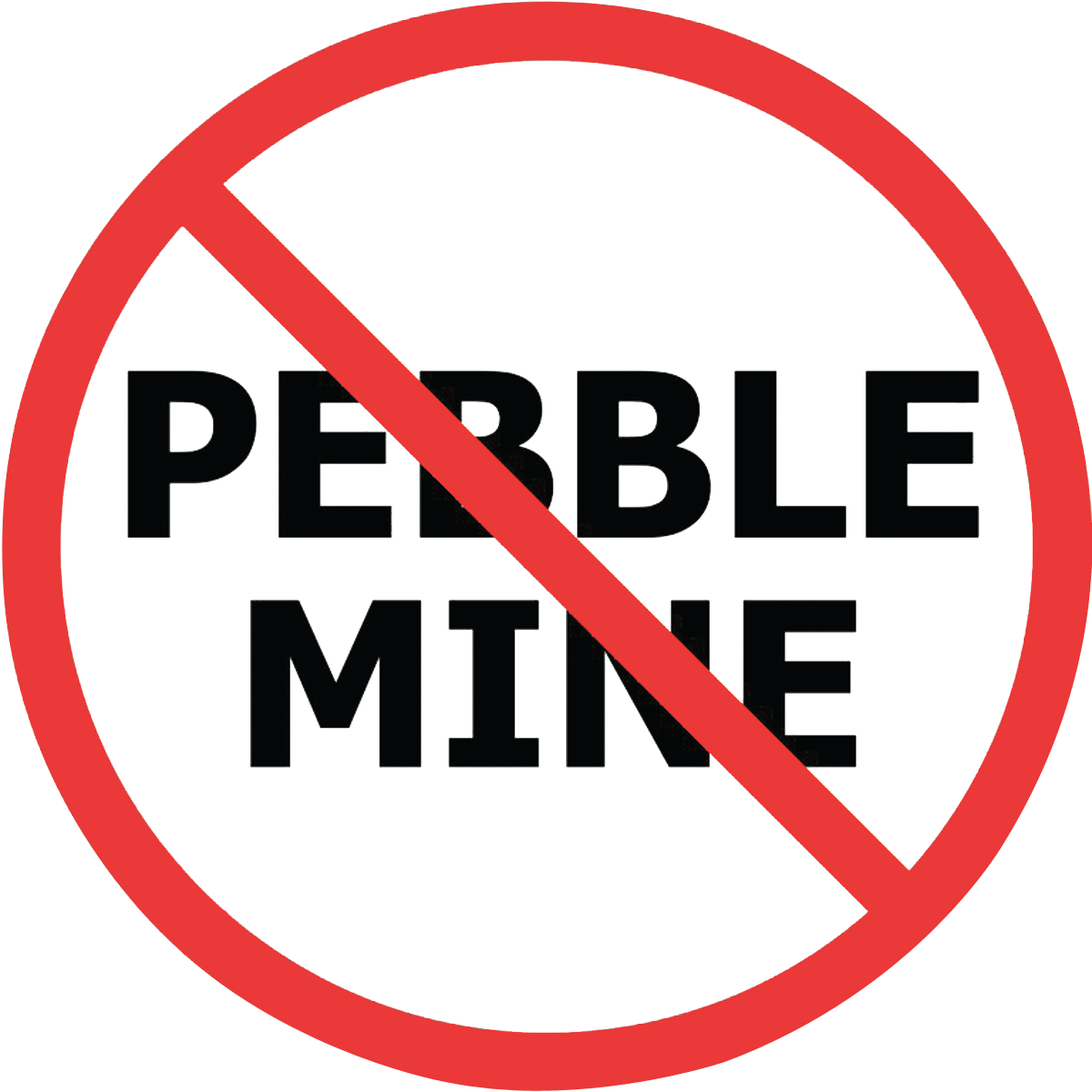NASA aerial photos of the Mount Polley Mine site before (below) and after (above) the dam breach.
"Like the Fraser River, it's not about trading one resource for another. It's about mining and fisheries coexisting." - Pebble Limited Partnership promotional video
On August 4, 2014, there was a breach of the Imperial Metals-owned Mount Polley copper and gold mine tailings pond, in the Cariboo Region of British Columbia, Canada. The spill released its water and slurry with years worth of mining waste into Polley Lake. The spill flooded Polley Lake, its outflow Hazeltine Creek, and continued into nearby Quesnel Lake and Cariboo Creek. By August 8th, the four square kilometres-sized tailings pond was empty. Water tests showed elevated levels of selenium, arsenic and other metals similar to historical tests before the disaster. The spill has been called one of the biggest environmental disasters in modern Canadian history, while British Columbia’s government has insisted the dam failure is not an environmental disaster.
Meanwhile, Pebble Limited Partnership claimed this type of spill was not possible in Bristol Bay, even though it had hired the very same engineering firm hired by Imperial Metals, and had cited the Polley mine as an example of mining and fisheries coexisting. Click to learn more about the Pebble proposal.
In early 2015, studies by researchers from two universities and the federal Department of Fisheries and Oceans raised concerns about the long-term impact of that plume, which is still exposing fish, plants and insects to copper, selenium and other metals.
Clearly, we cannot guarantee mining without accident, despite excellent technology. Moreover, we cannot afford this kind of spill in Bristol Bay.



